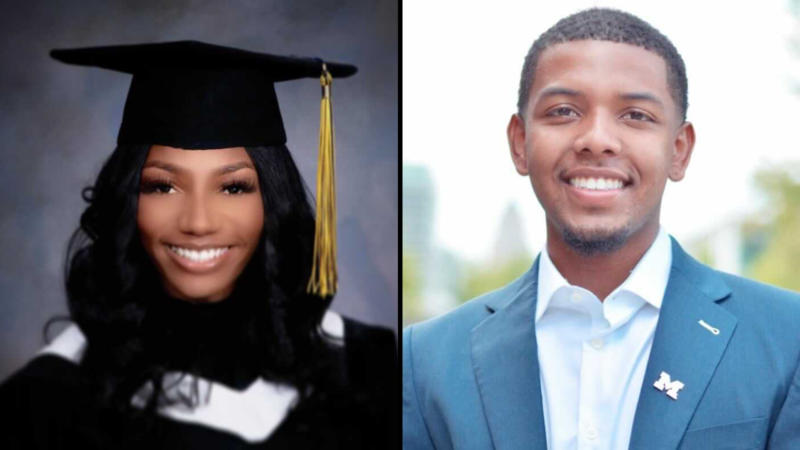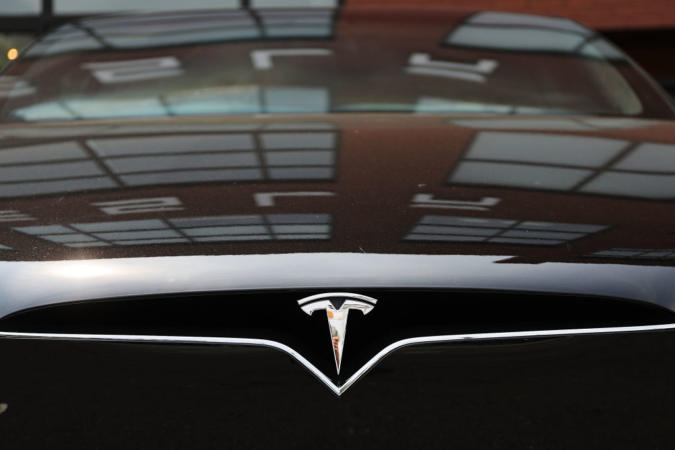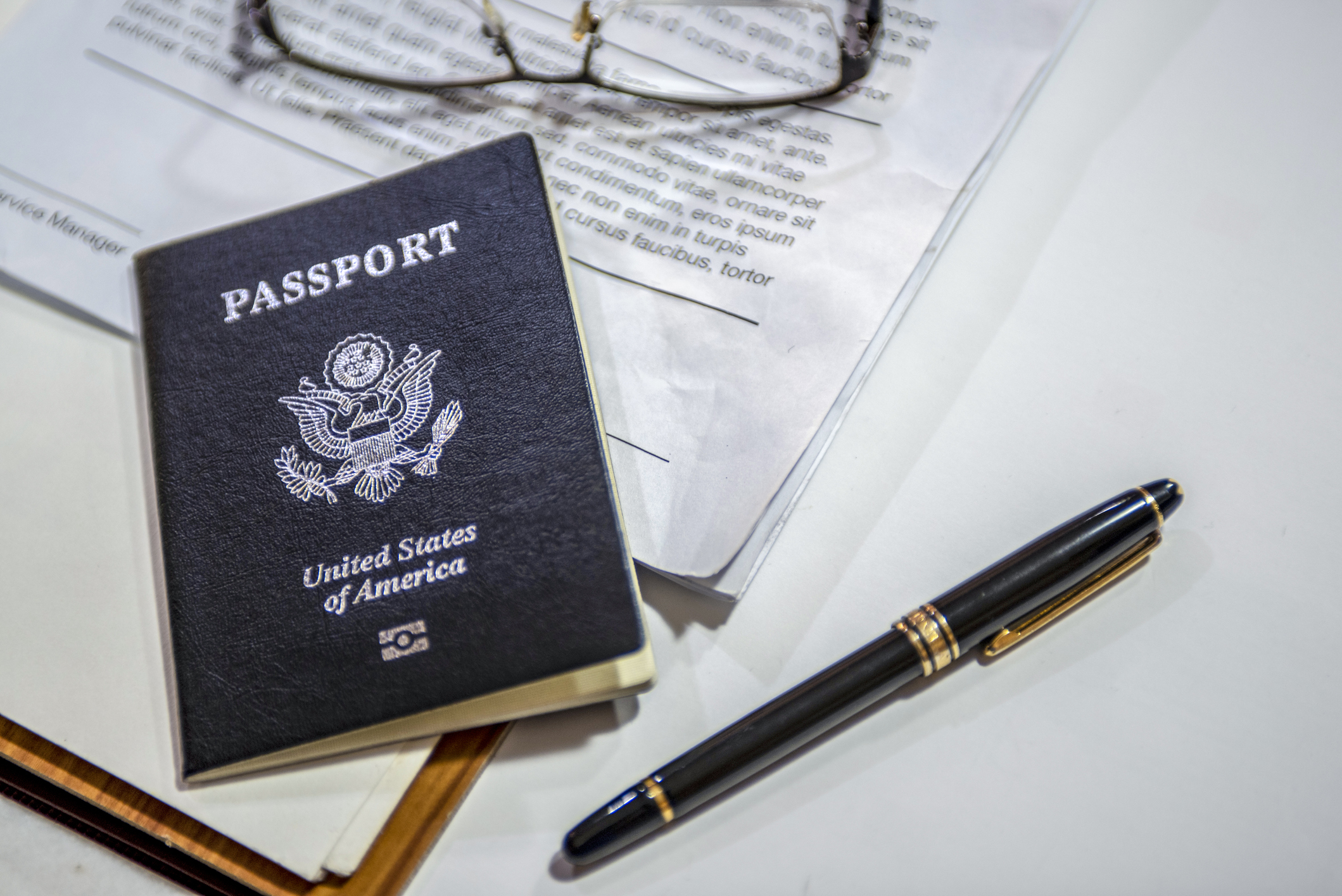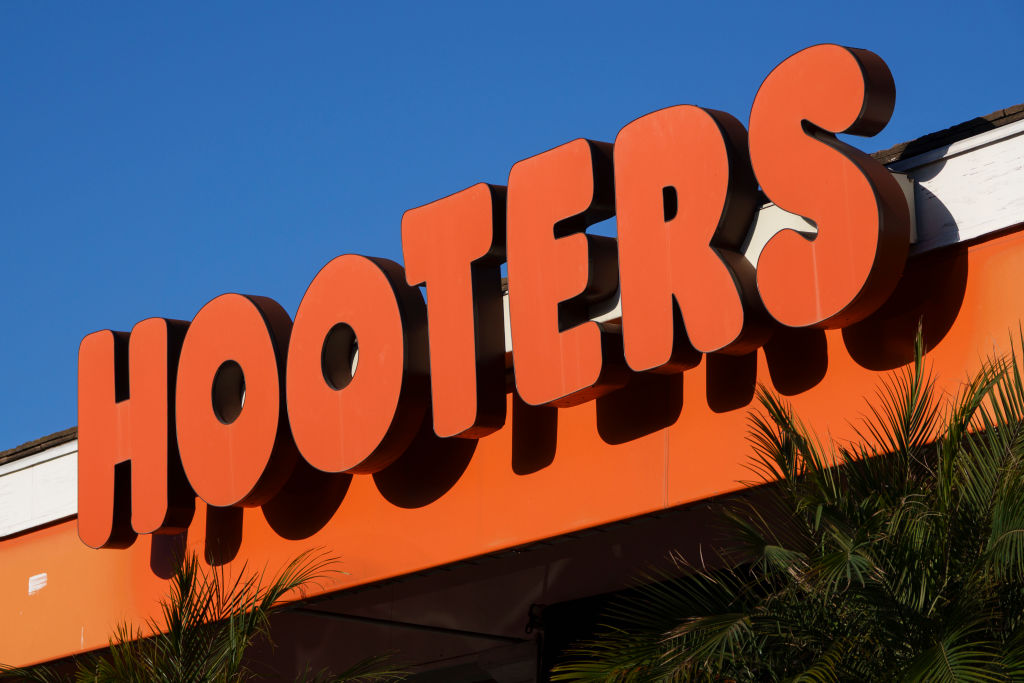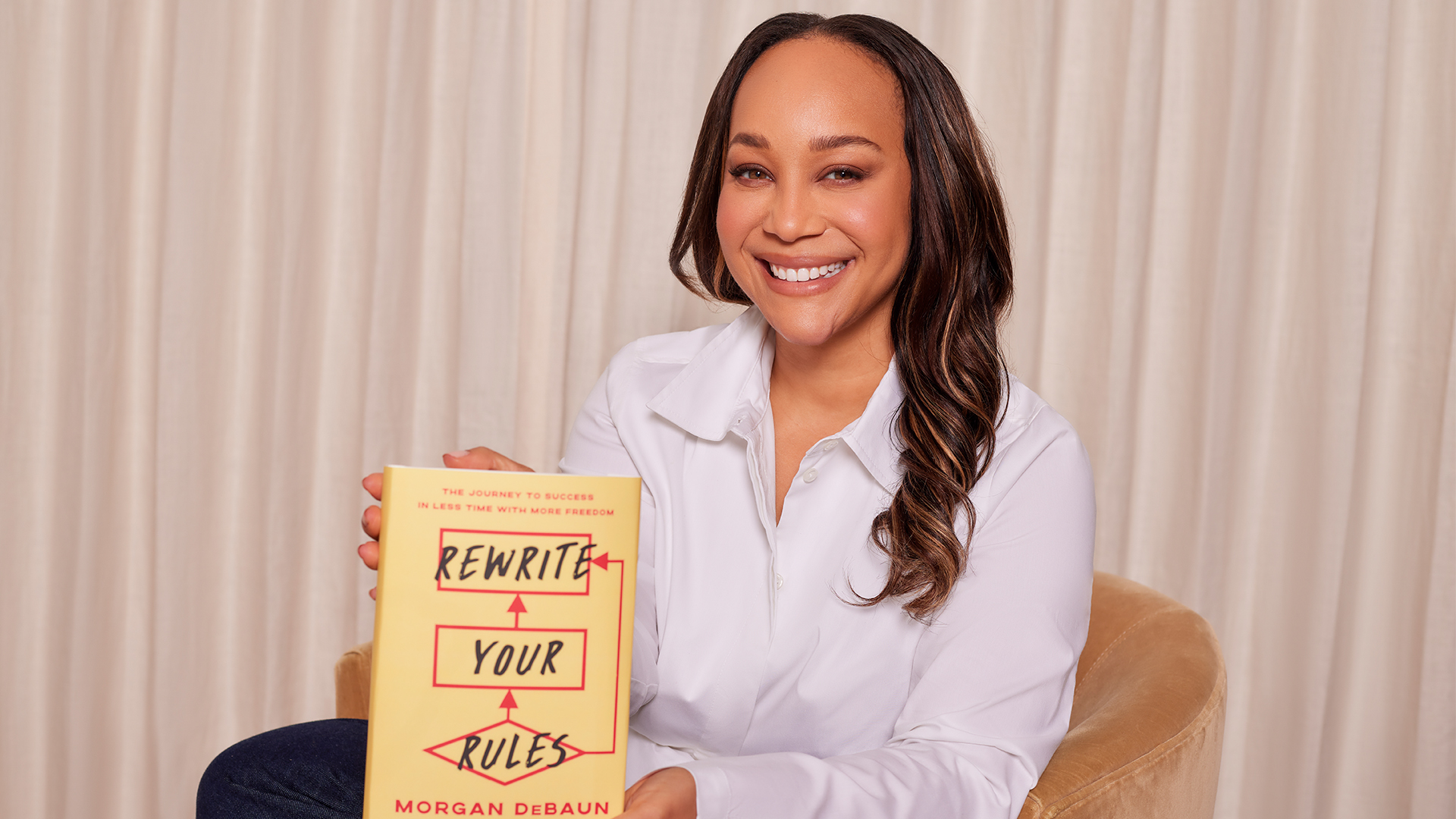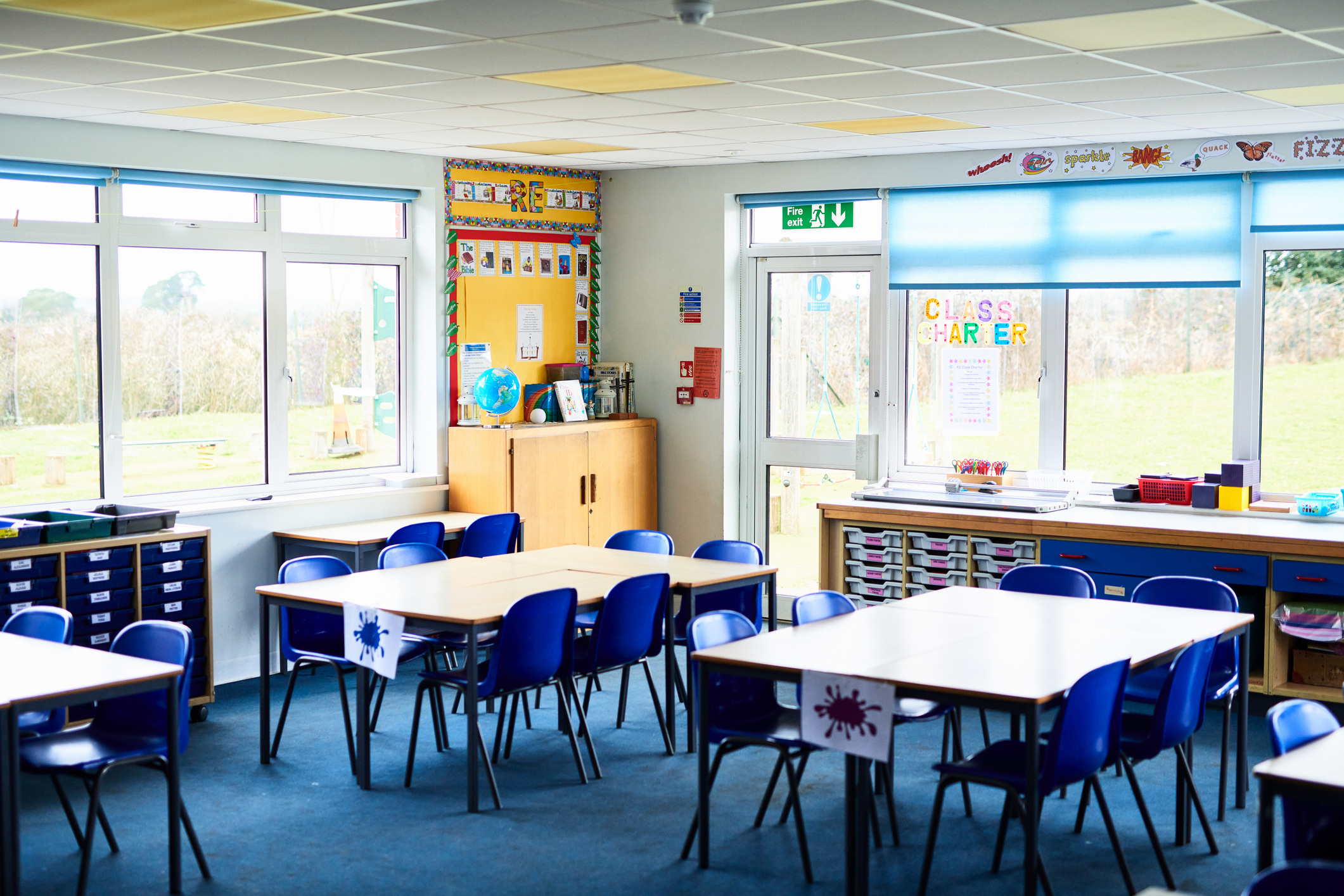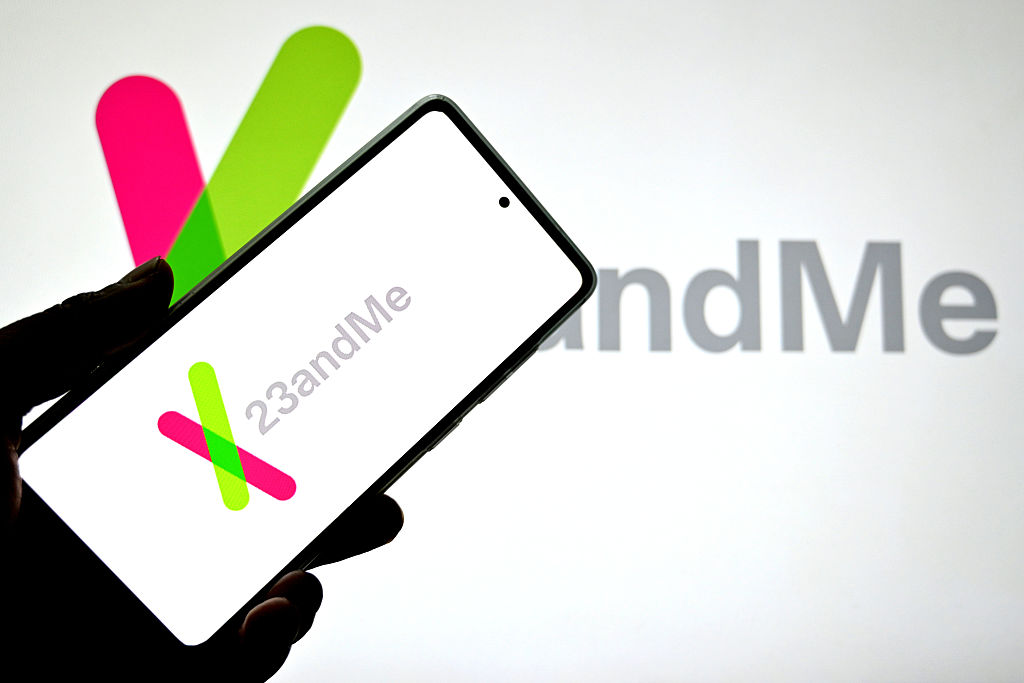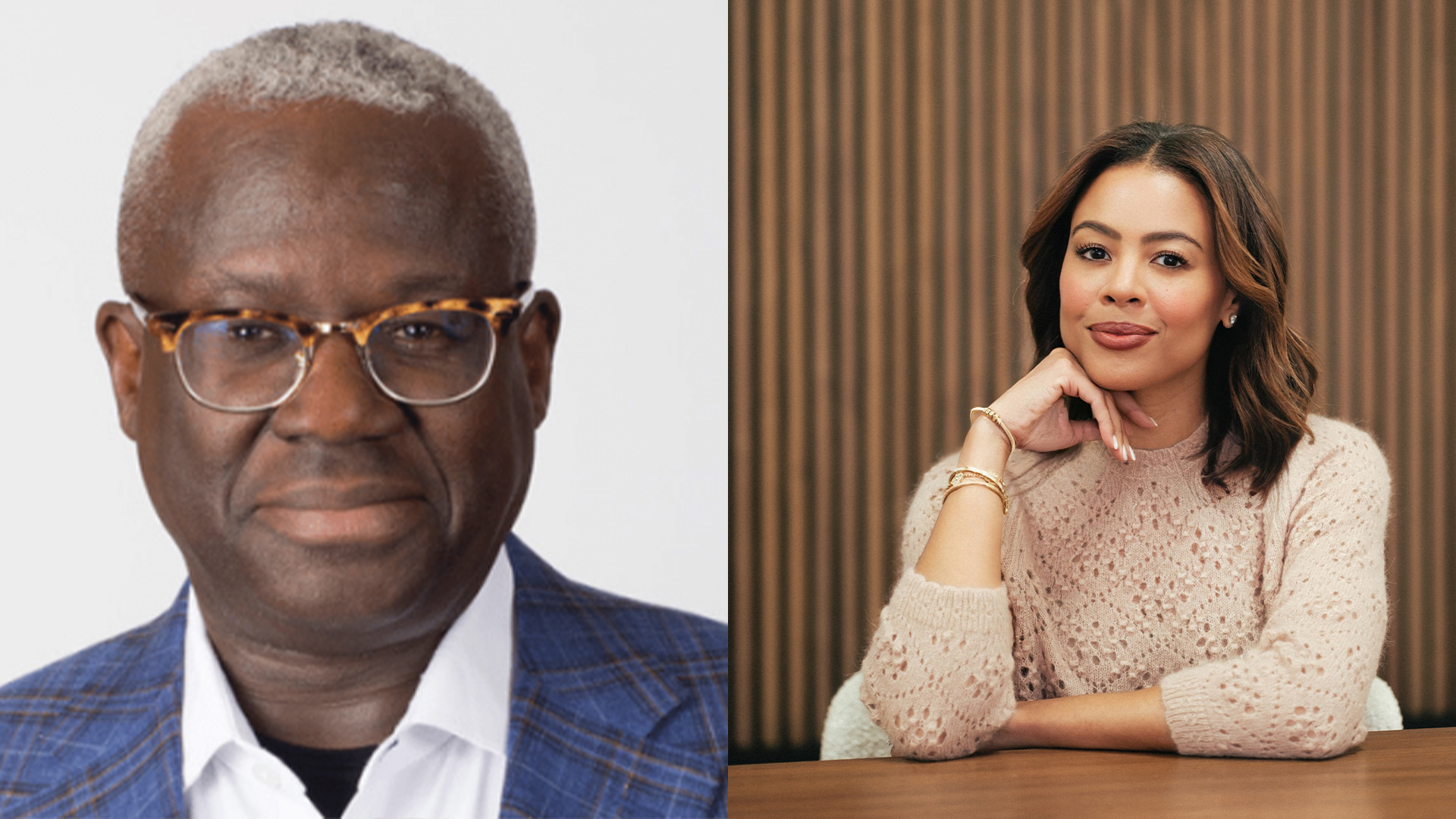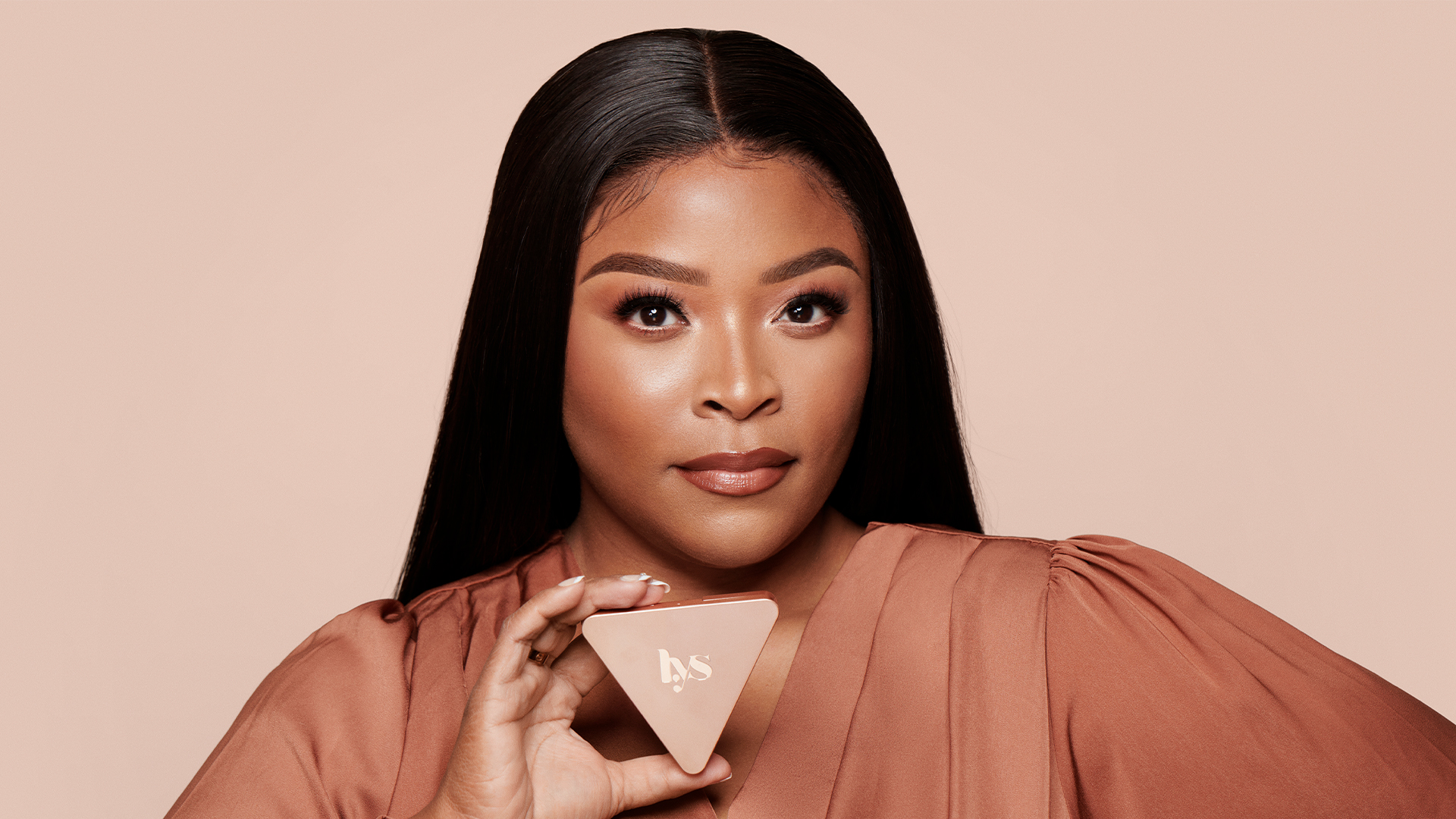Two students have made beauty supply products more accessible for their peers.
While attending the University of Michigan, Mia Wilson and Rico Ozuna-Harrison recognized securing beauty products for people of color was far from easy. The nearest beauty supply store requires a 20-minute drive to Ypsilanti, MI, forcing students to purchase last resort products from nearby stores.
“Supplies aren’t directly on campus and there are no stores or beauty supplies for students of color nearby. The stores on campus are just Walgreens and CVS,” Wilson told AfroTech. “So, oftentimes you can’t find the proper products that will best suit our hair types in those stores.”
The inconvenience sparked the inception of YOUniversity Beauty Supply Machine through their business Innovending LLC, to ensure Black and brown students were represented at the University of Michigan. The beauty dispensary can be found in the basement of the university’s Union building and students can purchase hair oil, durags, bonnets, hair ties, brushes, lashes, and more.
“Innovending as a whole finds social inequalities and we fix them. So, our YOUniversity vending machine is a business that gives students a voice,” Harrison said. “We want Black and brown students to have something that is theirs and in the future, we also plan on having some Black and Brown-owned businesses by students in our vending machines.”
How The Students Secured Funding
The launch of the YOUniversity Beauty Supply Machine was made possible due to Wilson and Harrison’s participation in OptiMize’s Social Innovation Challenge.
According to the company’s website, the incubator allows students to spearhead ideas and self-directed projects sparking social change. Students receive mentorship, workshops, and a pitch opportunity to earn $10,000.
“We painted a picture of what the need was on campus, why the beauty machine would solve the problem, and the impact that it will have on the campus,” Wilson said. “Approaching the university in that way helped us a lot.”
Wilson and Harrison ultimately won the grand prize from the program. With the new funding, Wilson and Harrison were able to purchase products and form their business.
And the duo isn’t stopping there. Wilson and Harrison plan to reach minority students at more schools and aim to eventually disrupt other sectors such as healthcare.
“We want to be aware of what the community wants, what the community needs and make that change,” Harrison said.
